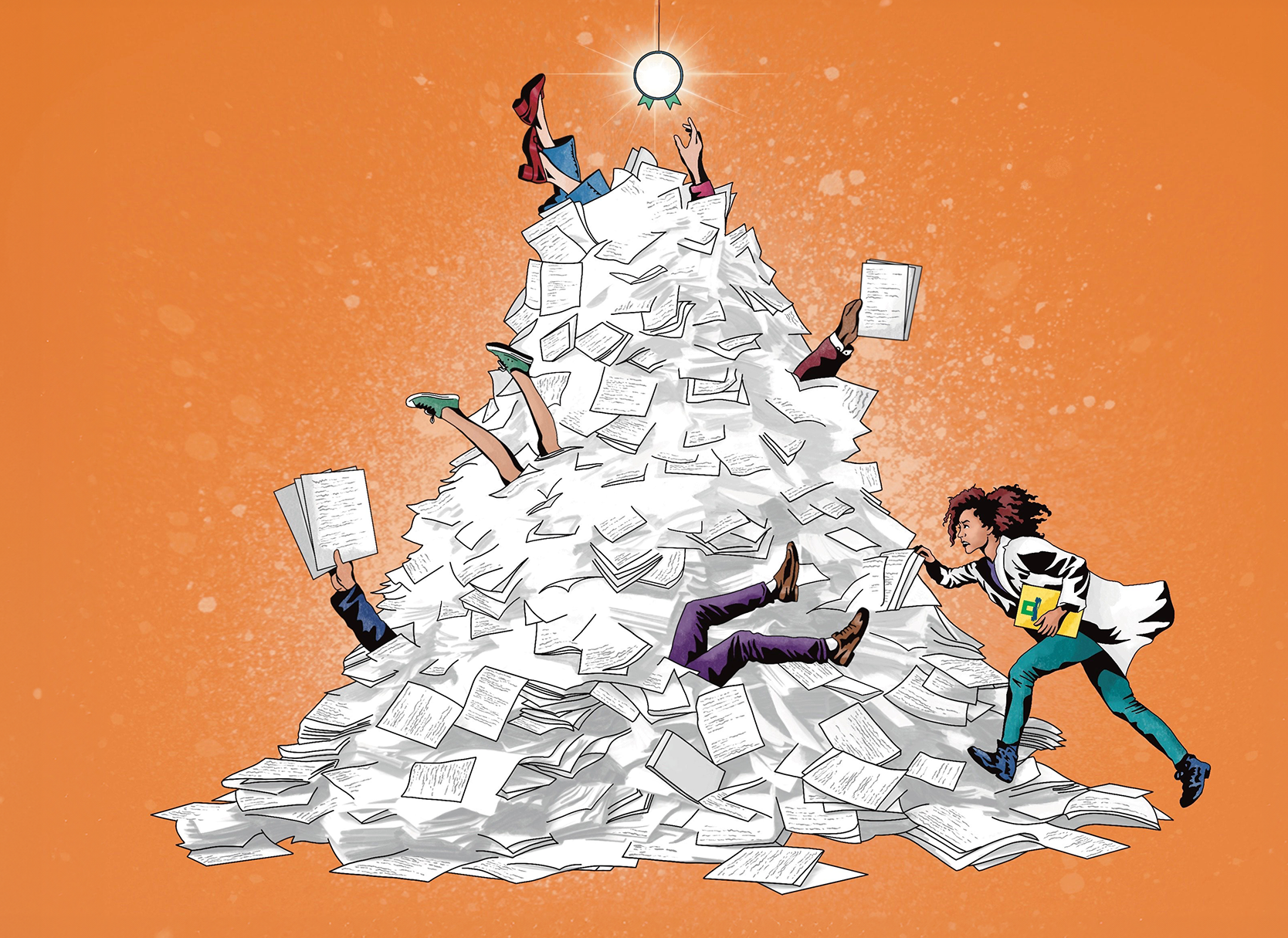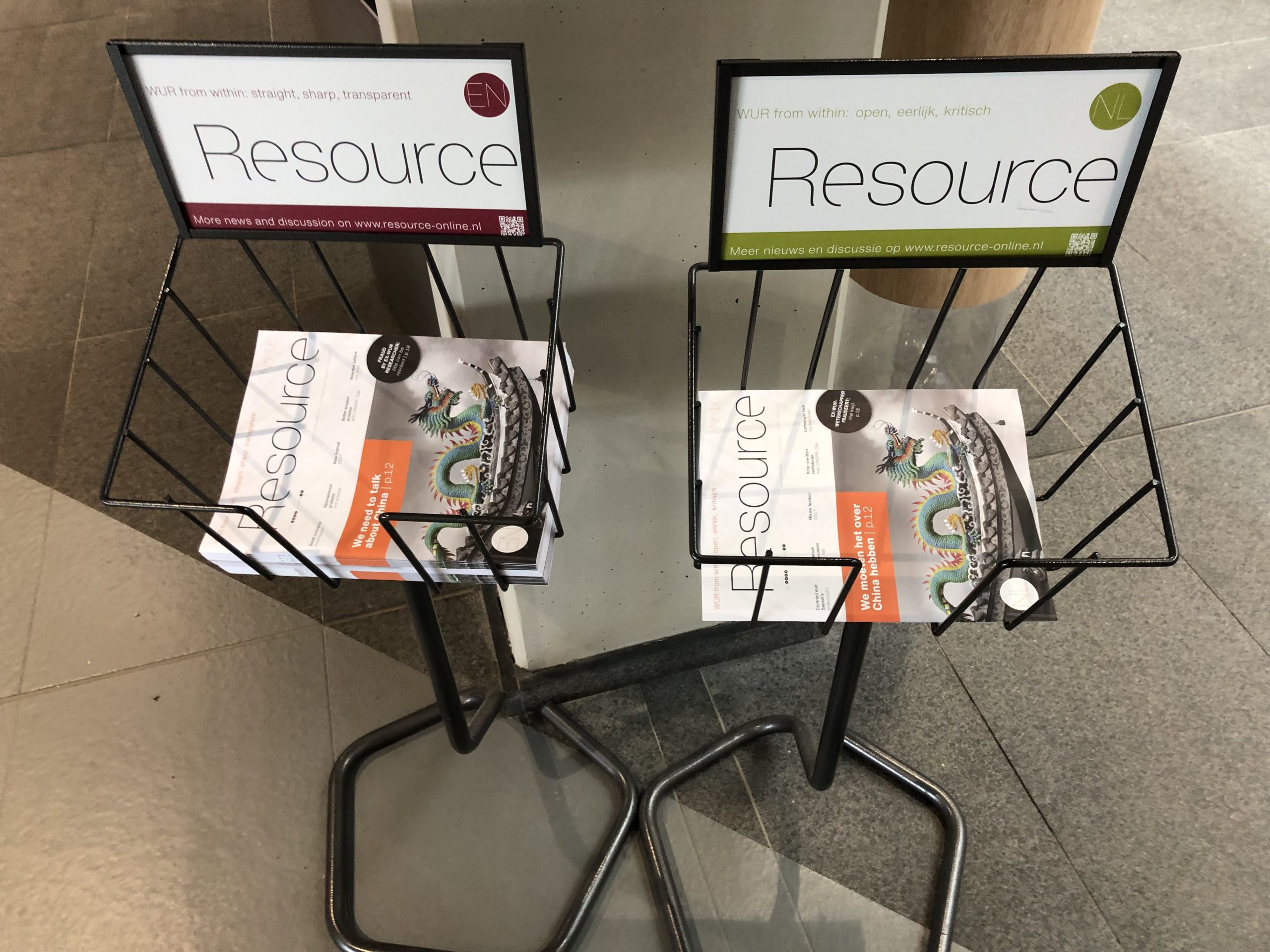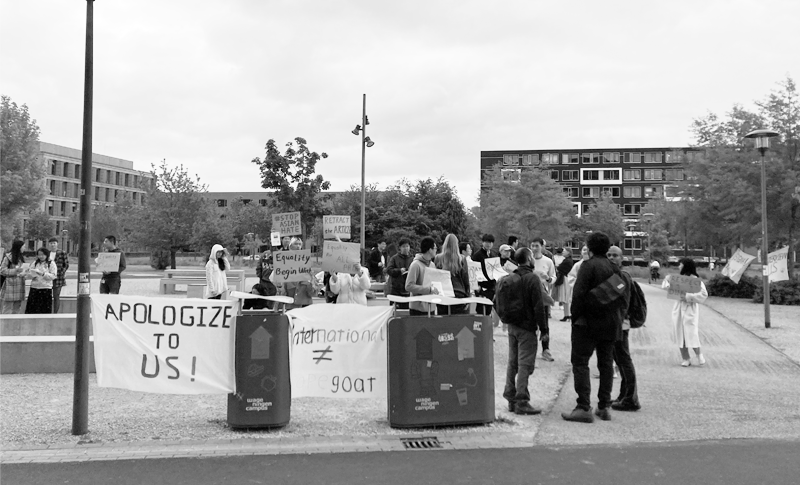Are universities well aware of the need for knowledge security? The VVD is concerned, as discussions in the house of representatives showed yesterday. Minister Dijkgraaf is confident.
That foreign powers may pursue strategic interests with Dutch research has become of increasing concern in recent years. Dutch universities and colleges must ramp up their efforts to prevent their scientific knowledge from falling into the wrong hands, politicians feel.
Especially China causes concern, particularly after disclosures concerning the TU Delft and the Chinese army and shady funding of a human rights centre at the Vrije Universiteit.
The institutes have agreed with the minister to increase the protection of their knowledge. Moreover, all will conduct a risk assessment. But how will they approach this issue? Representative Hatte van der Woude of the VVD fears “freestyling”.
Shocking
‘I heard about an institute that thought it was all nonsense. To me, this is shocking,’ she said. Moreover, this institute aimed to discuss possible risks with all of the researchers in every domain. That is not how a proper analysis is conducted, says Van der Woude.
She presented a joint motion with the CDA, stating the analysis is to be conducted systematically. Universities and colleges should make a ‘risk classification of international relations and collaborations. Not every partnership is the same, after all.
Minister Dijkgraaf agreed but also put the criticism Van der Woude heard into perspective. Critical voices are commonplace in the academic world, he said, but there was no obstruction. ‘My requests are being implemented.’
Getting the basis for knowledge safety in order requires more work
However, efforts must be made. ‘Getting the basis for knowledge safety in order requires more work’, Dijkgraaf stated. ‘I don’t believe we are making too many protocols, but that these instruments will truly lead to an increased awareness and overview.’
Incomparable
Van der Woude was not reassured. The administrator had, much to her dismay, compared the influence of China on Chinese universities to that of the Netherlands on Dutch universities. ‘That is completely incomparable’.
She referred to statements made by Maastricht’s executive board president Rianne Letschert on Radio 1. Letschert denounced the regulations and appeared to consider the new risk assessments non-sensical, as they will never be completely air-tight. At the same time, it hampers international collaboration. ‘I have a reasonably large Chinese community that feels stigmatized.’
Letschert did not think collaborating with a regime is a good idea, but collaborating with individuals is fine. But what if these individual scientists are linked to the Chinese government? The board chair downplayed the issue, stating: ‘We are all linked to a government; I am also linked to a government.’
Sense of urgency
That went down the wrong way with Van der Woude. How can you convince everyone of the need for knowledge safety if administrators make such statements? Dijkgraaf preferred to ignore the comments. ‘There is no reason to believe that there is a lacking sense or urgency on the issue, especially not at the executive level.’ Closing the borders is not an option, he stated. The minister stated that we are navigating a very narrow road, and the Netherlands is uniquely dependent on international collaboration to fortify its knowledge institutes. ‘We have much to offer the world, and there is much the world has to offer us. That also means we must be extra diligent.’
Sanctions
He, therefore, advised against a motion submitted by the Forum voor Democratie to bar Chines students and researchers from ‘all sensitive domains’. ‘Collaboration with China still serves our interests in certain domains’, Dijkgraaf said. ‘We have the following principle: open where possible, closed where needed.’ So, how does this differ from Iran, FvD representative Ralf Dekker demanded to know. The Dutch have stricter rules for that country. Dijkgraaf: ‘Strict sanctions with which we must comply are in place for Iran. There are no sanctions for China, but we must remain vigilant. We must also be able to honestly state that threats are not equally felt from every country in the world.’

 Universities are to ramp up the protection of their knowledge, according to an agreement with the minister. Photo Markus Spiske via Unsplash.
Universities are to ramp up the protection of their knowledge, according to an agreement with the minister. Photo Markus Spiske via Unsplash. 

